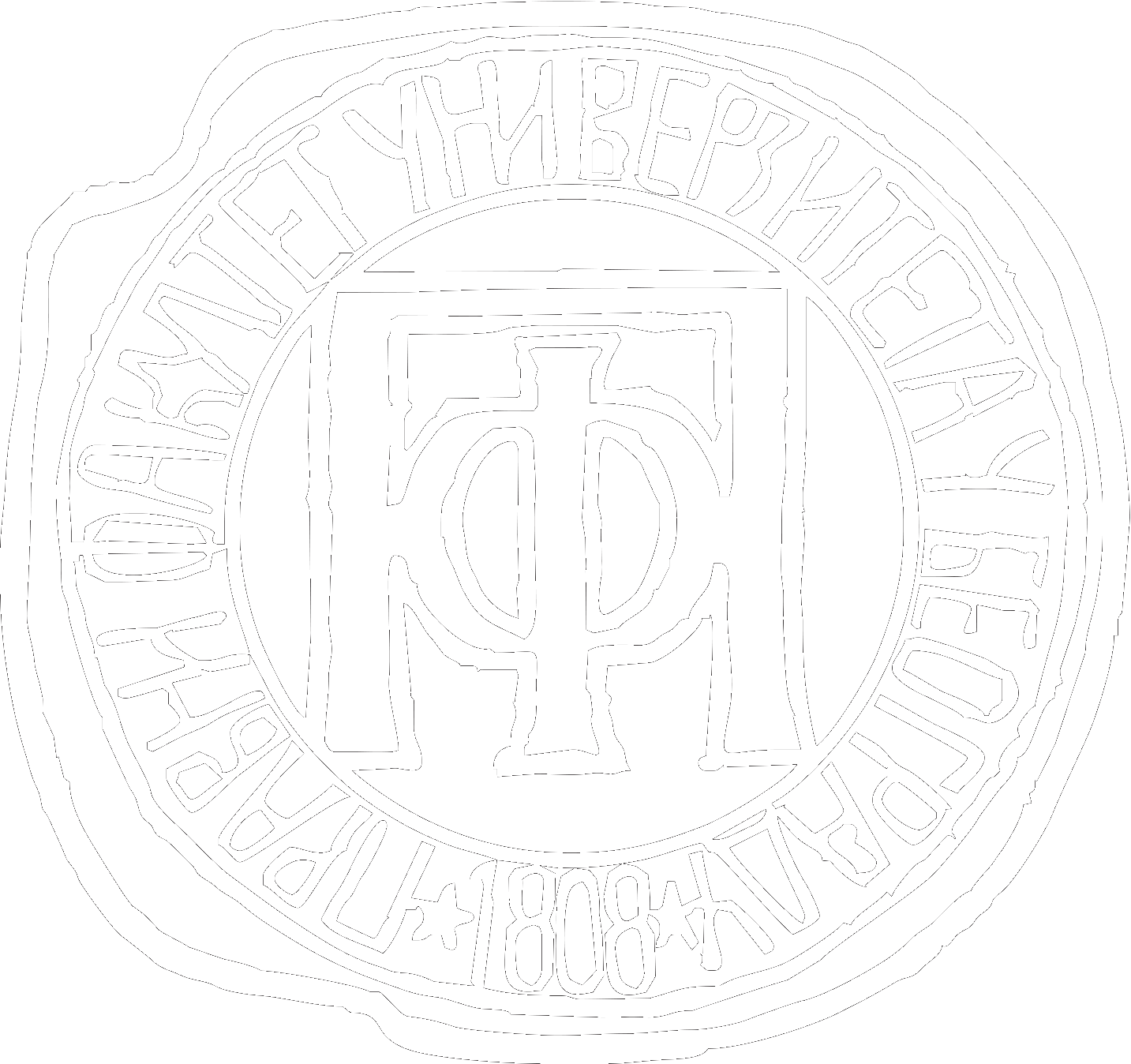The trial for heresy and the system of punishment of members of the Lollard sect in England
DOI:
https://doi.org/10.5937/crimen2303270RKeywords:
Lollards; death sentence; burning; branding; public penitenceAbstract
Trials and system of punishment created by the Inquisition, primarily for the necessity of struggling against the thirteenth-century Continental popular heresy are notorious. Medieval England was faced for the first time with the heretical movement late in its history and its origin was not in the populus, but in the radical professor of the University of Oxford, John Wyclif. This paper considers the experience of trials led - and punishments - dealt to the followers of Wyclifism, pejoratively named Lollards, with a particular interest in the punishments that women of this heterodox group incurred.
Downloads
References
Dickens, A.G. (1982). Lollards and Protestants in the Diocese of York. London.
Forrest, I. (2005). The Detection of Heresy in Late Medieval England. Oxford. https://doi.org/10.1093/acprof:oso/9780199286928.001.0001
Foxe, J. (1843). Acts and Monuments (4th vol.). London.
Given, J.B. (2001). Inquisition and Medieval Society: Power, Discipline, and Resistance in Languedoc. Ithaca.
Gui, B. (1886). Practica Inquisitionis Heretice Pravitatis (edited by Celestin Douais). Paris.
Helmholz, R.H. (1996). The Spirit of Classical Canon Law. Athens.
Hostiensis. (1605). Summa Aurea. Venice.
Impara, E. (2016). Medieval violence and criminology: Using the Middle Ages to understand contemporary ‘motiveless’ crime. Journal of Theoretical & Philosophical Criminology, 8(1), 26–36.
Kelly, H.A. (2013). Inquisition, public fame and confession: General rules and English practice. In W.K.L. Walter (Ed.), The Culture of Inquisition in Medieval England. Cambridge. https://doi.org/10.1515/9781782040736-006
Kelly, H.A. (1998). Lollard inquisitions: Due and undue process. In A. Ferreiro (Ed.), The Devil, Heresy and Witchcraft in the Middle Ages: Essays in Honor of Jeffrey B. Russell (pp. 279–303). Leiden. https://doi.org/10.1163/9789004613713_017
McSheffrey, S. (2010). Gender and Heresy: Women and Men in Lollard Communities. Philadelphia.
McSheffrey, S., & Tanner, N. (2003). Lollards of Coventry 1486–1522. Cambridge. https://doi.org/10.1017/S0960116303000010
Moore, R. (2006). The Formation of a Persecuting Society: Authority and Deviance in Western Europe 950–1250 (2nd ed.). Oxford. https://doi.org/10.1002/9780470773987
Peters, E. (1988). Inquisition. New York.
Prosperi, A., & Carde, J. (2020). Crime and Forgiveness: Christianizing Execution in Medieval Europe. Cambridge. https://doi.org/10.4159/9780674240261
Rex, R. (2002). The Lollards. Basingstoke & New York. https://doi.org/10.1007/978-0-230-21269-5
Rousseaux, X., & Dwyer, K. (1997). Crime, justice and society in medieval and early modern times: Thirty years of crime and criminal justice history: A tribute to Herman Diederiks. Crime, Histoire & Sociétés / Crime, History & Societies, 1(1), 87–118. https://doi.org/10.4000/chs.1034
Tanner, N.P. (1977). Heresy trials in the diocese of Norwich, 1428–31. London.
Thomson, J.A.F. (1965). The Later Lollards 1414–1520. Oxford.
Wakefield, W., & Evans, A. (1992). Heresies of the High Middle Ages. New York.

Downloads
Published
How to Cite
Issue
Section
License
Copyright (c) 2024 Melina Rokai

This work is licensed under a Creative Commons Attribution 4.0 International License.
The authors retain copyright and grant the journal the right of first publication, allowing others to share the work with proper attribution to the authors and acknowledgment of its original publication in this journal.










